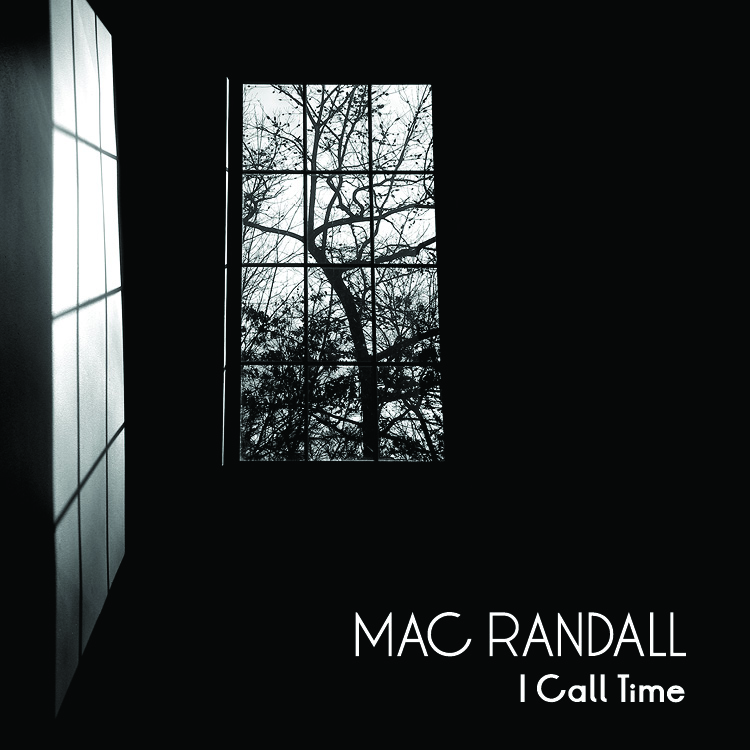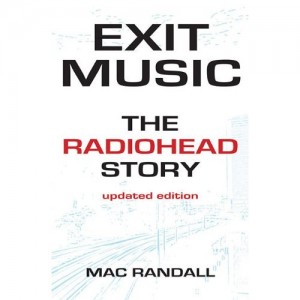Thoughts on “Shipbuilding”
A song licensing organization recently asked me to write a short essay about my favorite cover tune for its website. I leaped at the chance to say something more about one of my all-time musical heroes, Robert Wyatt (whom I had the great pleasure of interviewing twice in the ’90s, once at his home in Lincolnshire), and began working on the following piece. About halfway through, however, I realized that the song I’d picked wasn’t, strictly speaking, a cover. So I reluctantly scrapped what I’d done and came up with a new essay. I still liked what I’d written before, though, and didn’t want to let it go unfinished. And that’s why you can read it here now.
———————————-
“The saddest voice in the world.” Those are the words composer Ryuichi Sakamoto once used to describe the sound that comes out of Robert Wyatt’s mouth. It’s a delicate, plaintive, wounded sound, and if you don’t mind its underlying reediness, it can stop your heart. As Wyatt’s work became more politically engaged in the 1980s, his sad voice created miracles, finding the human ache in music that could have easily sounded strident. It’s the perfect voice for singing Elvis Costello and Clive Langer’s “Shipbuilding,” which is one of the greatest protest songs ever written specifically because it doesn’t protest.
Costello and Langer were compelled to write “Shipbuilding” by Margaret Thatcher’s Falklands War of 1982, but instead of fulminating against current events, the song simply asks a question, one that is (sadly) eternal: Do the jobs created by the needs of war, and the livelihood they provide to so many people, somehow balance out the loss of human life? In Costello’s words, “Is it worth it? A new winter coat and shoes for the wife, and a bicycle on the boy’s birthday?” We all know what the truly moral response to that question is, but in the song it hangs unanswered, and the resignation in Wyatt’s voice suggests that it may make no difference what we answer—the war machine will grind on regardless.
Wyatt’s version of this song was the first to be released, as a single on the Rough Trade label in 1982. Langer’s graceful melody was apparently written with Wyatt in mind, and both writers appear as performers here (Langer on organ, Costello on backing vocals). A longtime Costello henchman, Steve Nieve, contributes tasteful piano as well. Lots of people have since tried to cover “Shipbuilding.” Costello’s own reading, on 1983’s Punch the Clock, is lovely in its own right, particularly because it features a trumpet solo by jazz legend Chet Baker. But Wyatt, who sings it in a style much like Baker’s—except for the addition of an English accent—trumps them all. The saddest voice in the world has found its ideal subject.
For those who are interested, “Shipbuilding” is currently available on the Robert Wyatt collection His Greatest Misses (Domino), which features many other wonderful songs that are well worth your time. Here’s a live take of the song from that venerable BBC music show The Old Grey Whistle Test.






